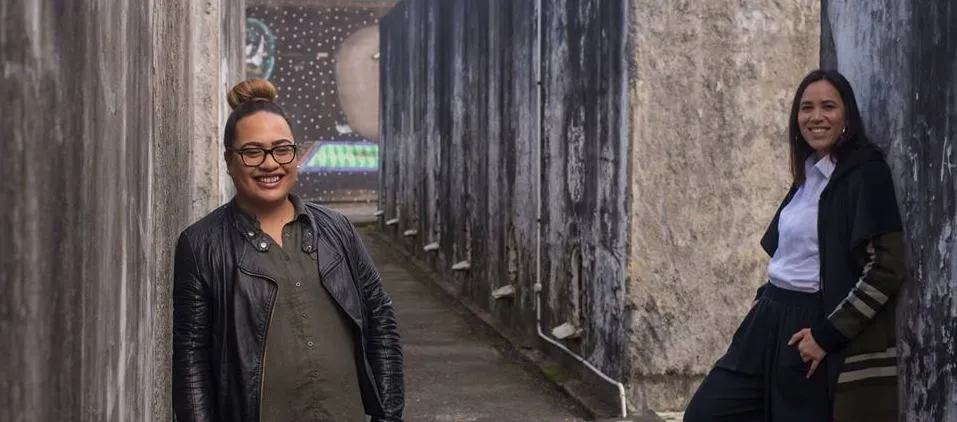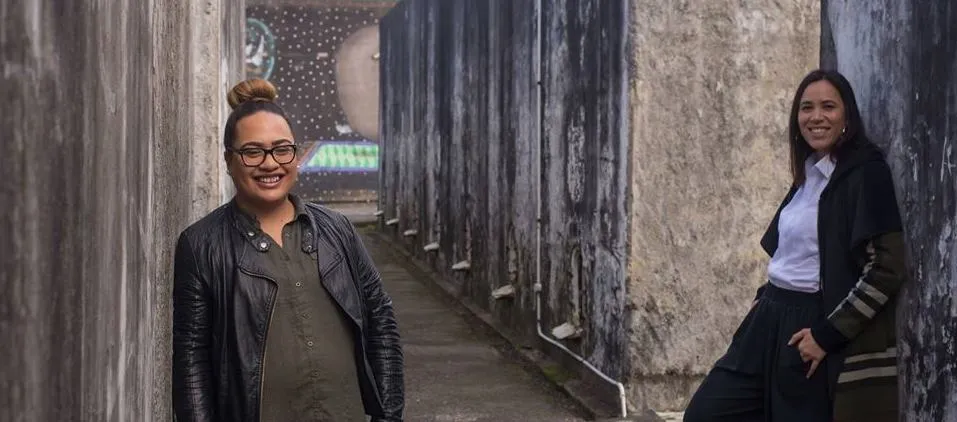SOAPBOX: “You’re not Māori. You’ve just got Māori in you.”
Written by


It could be anything, I suppose. Trump. Microplastics. Andrew “can’t please ‘em all” Little. Or the racist troll on Facebook this morning, spewing its bile all over me. I’ve been trying to wash it off all day. And the truth is, I’m sad.
Having grown up as an impoverished brown girl in a world made by and for rich white men, one of whom is my father, I think I know bit about racism. But first, some context.
I’m Māori. My daughter is Māori. My Mum is Māori, and so were both her parents. Keeping up so far? Good. Because it’s going to get complex. You think it’s hard being Māori? Sure. But not for the reasons you’d expect. If being Māori is hard, you should try actually, physically, being Māori. Because the truth is that some people reckon it’s not a thing.
The parts they liked the most became fact: in their voice and through their lens.
Racist New Zealand
Recently Taika Waititi said “New Zealand is racist as fuck” and many of the I’m-not-a-racist-but-here-goes people cried foul. But it’s no secret; you just have to scroll through the comments section on any Māori-related story in any major New Zealand news site. Here are some examples I’ve copied off Stuff, as I type this:
-
"Two languages can divide people not unite … I support Maori as a ceremonial language …"
-
"Like a kid having a hissy fit, they don’t want to pay for it."
-
"There is a TV channel if you want to listen to that."
-
"I respect Patricia Grace, but her son ... is trading on his mother’s literary name and acting as the gatekeeper for all things Maori."
-
"[It’s a] bicultural myth that without Māori NZ has no distinctive culture."
-
"They created Māori seats in the 1850s, not to enhance Maori influence, but to curb it at a time when Maori were over 50% of the population … Let’s please have the political courage to get rid of them."
-
"NZ has no indigenous culture."
-
[On Stuff adopting te reo for their banner] "That’s it. Subscription cancelled."
These are the beliefs of a majority who feel compelled to share their opinion on any typical news story concerning Māori; whether the article is positive or negative matters not. But where did these beliefs come from?
Pre-European Māori had an oral history, so when Pākeha academics arrived and wrote it down, they inevitably had to rewrite it at the same time. They couldn’t help it. The parts they liked the most became fact: in their voice and through their lens. And as we all know, once a thing is published, it’s true! Whether it’s accurate or not, it can now be used to back up any belief shared with the writer, and to discredit any opposing views.
Māori didn’t write the first version of their own stories, Pākeha did. Then they used the systems set up by a Pākeha government to teach their version to generations of Pākeha New Zealanders.
How’s that affect me?
So, my dad is Pākeha. He was born in Auckland, his dad was born in England, and his parents were Welsh and Scottish. My dad’s mum was born in Auckland, but her parents were Irish, and their parents were too - but they got here by way of a free one-way ticket to Australia... if you know what I mean.
My mum is Māori. My mum’s parents were both Māori (Nan is Tūhoe/Te Arawa, Koro is Te Aupōuri/Te Rarawa), their parents were all Māori, and all of their parents were too.
But the thing is, my dad reckons I’m not Māori. It’s not what you’re thinking. It’s not like a paternity suit or something. It’s both simpler than that, and more complex.
In fact, his opinion - no, his belief - is that Māoris don’t actually exist.
“You’re not a Māori; you just have Māori in you.”
I love my dad, and I know that he loves me, but recently he discovered Ancestry.com. At first I was excited. He called me up to tell me exactly where our European ancestors came from.
And then he said, “So the next time someone tells you, ‘Oh, but you’re just a Māori’, you can tell them, ‘Well actually, I’m not a Māori. My dad is 72% Irish, Welsh, and Scots, so actually, I’m a European.’”
Because who would want to be a Māori, right?
In fact, his opinion - no, his belief - is that Māoris don’t actually exist. I know this sounds weird. I exist, and - according to him - I have Māori in me. But only the DNA remains. That part of me, according to Dad, is somehow not a race. It’s just … blood: karukaru.
Like the 18th century missionaries and scientists, Dad is not making this up. It’s not like he’s bending the rules. That takes effort. Rather, he’s been pitched a story, and he’s bought it. He seeks, adapts, and filters the facts according to the story that’s been sold to him - and generations like him - through a mass of social machinery from the media, to schools, to a million backyard barbeques.
Stories are powerful things; they shape our beliefs; and our beliefs determine how we treat each other, and the truth. So, fight fire with fire, I say.
And he pitched it to me in my childhood, too. A lot. And now, thanks in part to Ancestry.com, he’s happy to accept as certified fact that the diluted Maori DNA proves it. Māoris don’t exist! Thanks a bunch, Ancestry.com.
Let stories beget stories.
Stories are powerful things; they shape our beliefs; and our beliefs determine how we treat each other, and the truth. So, fight fire with fire, I say. Or rather, fight stories with stories. Stories matter in ways we can’t even always see.
With more Māori telling our stories - and more spaces and opportunities for Māori storytellers to tell them - things will get better. There will be more understanding among the people of the future. People like my daughter. She’s Māori, by the way. Did I mention?
So that by time she’s old enough to brave the comments section in an article about Māori somewhere in the mainstream media of the future, she won’t have to feel sad. She’ll probably feel at least a bit Māori.
Because if we’re the ones telling our stories, then we get to choose the version. And our version might get us all a little closer to the truth.
You can witenss Annette Morehu's new play "Temperance" at Te Pou Theatre's Koanga Festival at Corbans Estate Arts Centre in West Auckland, along with others by Ani-Piki Tuari, Mika and Daedae Tekoronga-Waka.
Koanga Festival runs in association with Going West from now until September 16.